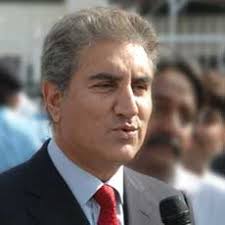
Bangladesh, facing critical electricity shortages, has turned to Compact Fluorescent Lights (CFL), described by officials as “magic lamps” to save power.
And to help ensure smooth electricity supply to millions of farmers during irrigation season, the government, headed by Prime Minister Sheikh Hasina is set to distribute 10 million CFLs to the consumers which will save around 200 to 300 megawatt of electricity.
“We are trying to minimise the gap between the supply and demand with our limited generation through improving our management side and introducing efficient appliances in the system”, State Minister for Power Division Brigadier General (retired) Enamul Haq, said.
He was addressing as the chief guest at the opening ceremony on installation of CFL and electronic blasts in Dhaka.
Secretary for the Power Division Abul Kalam Azad and top officials of the Power Ministry were present.
“These installation will save one MW electricity from the Mouchak-Gulbag feeder in Dhaka city alone. However, examining its all sides we will install seven more CFL in the city areas”, Azad said.
However, Dhaka Power Distribution Company (DPDC) on Sunday kicked off the much awaiting free distribution programme of 1.5 million Compact Fluorescent Lights to the consumers in the capital.
DPDC will install 17,000 pieces of 23 Watt CFL and 6,000 pieces of 14 Watt CFL among its consumers along with 23,000 electronic blasts.
GTZ, the German development support agency, has provided 100,000 EURO for purchasing the bulbs made by the local manufacturer.
“We are installing the energy saving bulb to increase energy efficiency. We wants media support in this regard as it’s a new idea and the price of this bulb is much higher than the traditional one but if we calculate the other benefit including saving money using same quantity of electricity thus finally help the government to improve power supply quality”, the state minister said.
“To popularize the use of CFL initially the consumer will give us the two incandescent bulbs and then they will get 2 CFL from us”, Azad said.
The Power Division will give soon the CFL to the domestic consumers of utility services who use incandescent bulbs that consume more electricity.
Bangladesh earlier put the clock one hour ahead to use day light in a frantic bid to conserve electricity.










